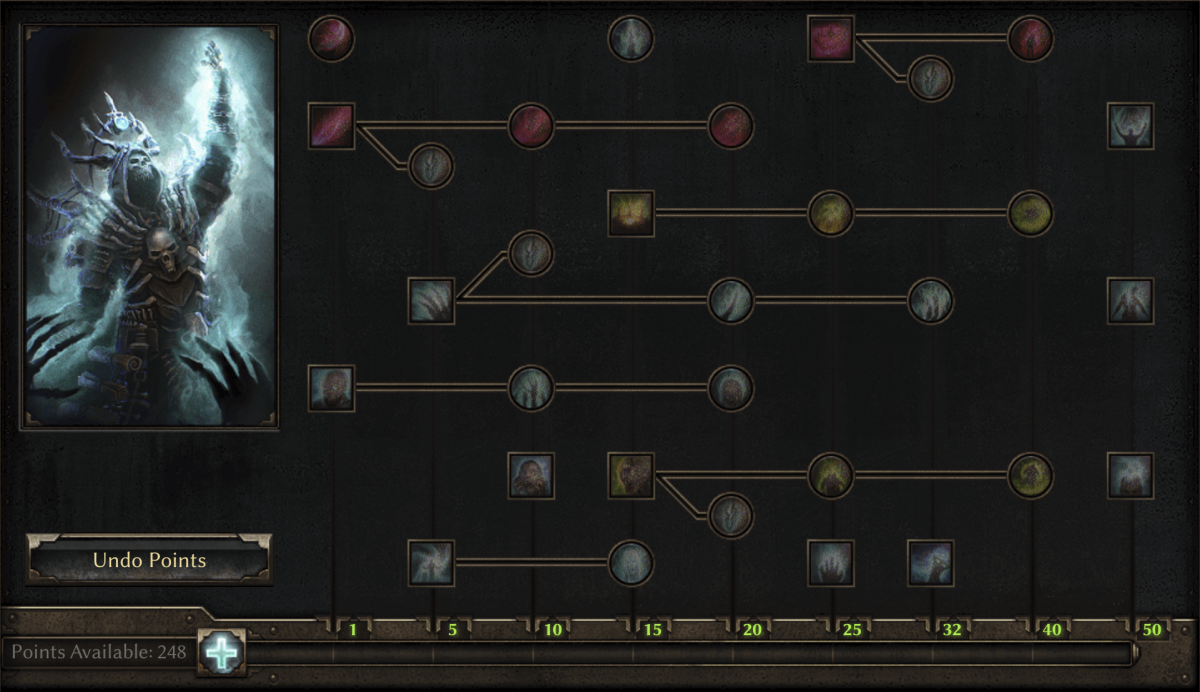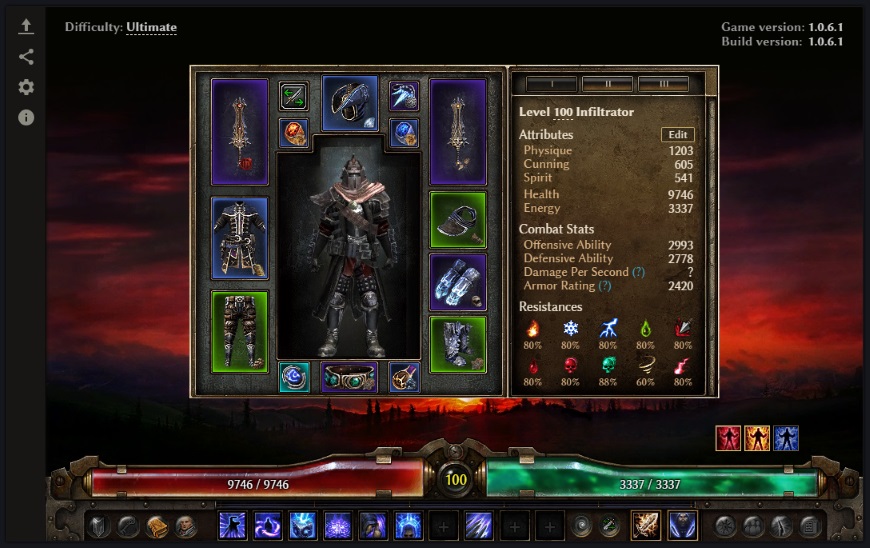

It shouldn’t even be thought of as a political movement.

Fascism shouldn’t be “ascribed to local causes, national mentalities, or historical backgrounds,” he came to believe.

As he learned how capitalism had challenged the political system of Great Britain, the first nation in the world to industrialize, he decided that it was no accident that fascism was infecting countries as disparate as Japan, Croatia, and Portugal. The subject was British economic history, which he hadn’t much studied before.

In 1937, he taught in adult-education programs in Kent and Sussex, commuting by bus or train and spending the night at a student’s house if it got too late to return home. In his own contribution to the book, he argued that fascism strips democratic politics away from human society so that “only economic life remains,” a skeleton without flesh. Despite letters of reference from eminent historians, Polanyi failed to land a professorship or a fellowship, though he did manage to earn thirty-seven pounds co-editing an anti-fascist anthology, which featured essays by W. H. As so often for refugees, money was tight. Although he had long edited and contributed to the prestigious Viennese weekly The Austrian Economist, which published such celebrated figures as Friedrich Hayek and Joseph Schumpeter, he had come to discount his career as a thing of “theoretical and practical barrenness,” and blamed himself for failing to diagnose his era’s crucial political conflict. Nearly fifty, he’d had to leave his wife, daughter, and mother behind in Vienna shortly after Austria lurched toward fascism, in 1933. In London, in the nineteen-thirties, the émigré Hungarian intellectual Karl Polanyi was known among his friends as “the apocalyptic chap.” His gloom was understandable.


 0 kommentar(er)
0 kommentar(er)
